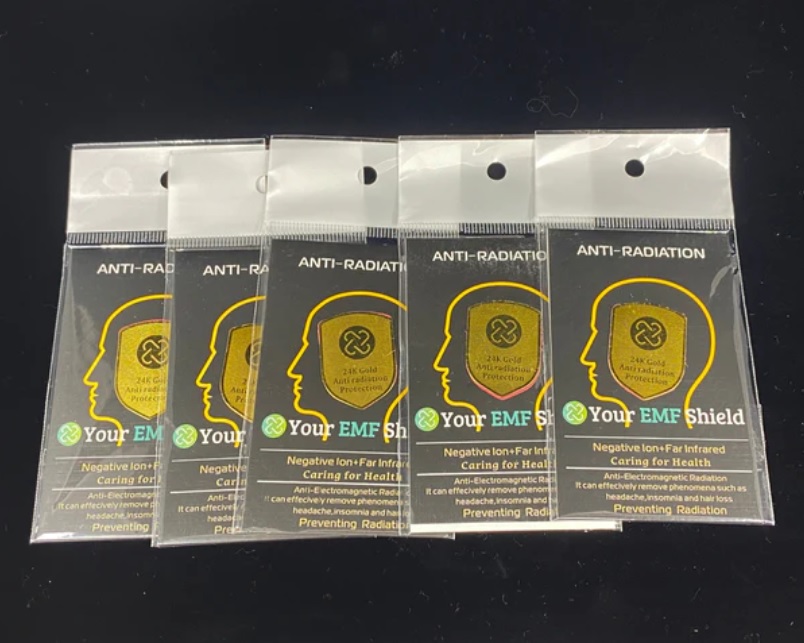“It was the longest four days of my life,” Chris Evert says as she remembers facing her mortality last December while waiting for a second cancer diagnosis. Evert, who won 18 grand slam titles from 1974 to 1986, had just come through surgery for ovarian cancer. She had then been tested to ascertain whether the cancer had spread, as she says “all the way to the lymph nodes connected to my reproductive organs. If I tested positive for the lymph nodes I would have been stage three or four. My kind of cancer, ovarian cancer, is very insidious and sneaky as there aren’t many signs that you have it. When you find out you have ovarian cancer you’re usually stage three or four, which means curtains, basically.”
The 67-year-old has been such a familiar presence for so long, firstly as a remarkable tennis player and then in the commentary box, that it feels jolting to hear her confront her own death. She was revered for her composure on court, even when she first became famous after reaching the semi-finals of the US Open in 1971 at the age of 16 but Evert looks up with a tangled expression when I ask her to describe her emotions while waiting for those test results.
“I felt so anxious because I had no control over the situation,” she says. “I prayed a lot, and I prayed to my sister [Jeanne, who died in 2020 after a harrowing battle with ovarian cancer]. I was also shocked, like I was in a fog, and I was so scared I used my powers on the court and tried to block it out a little.”
Evert was close to her sister and witnessed her years of suffering. Those memories shrouded her four-day wait. “I thought a lot about Jeanne and it was scarier knowing what the journey ahead would be for me if I was stage four, more than the actual dying. I’d seen her with ports in her chest and needles in her arms and, after chemo, going through experimental drugs. They made her violently ill and she weighed 80lb when she passed. To watch her go through that kept coming in spurts, like fear, those four days. Sometimes you just have to surrender if you can’t change it.”
Evert looks up and smiles, in relief. “But I was clear. They said I needed six rounds of chemotherapy and so I made an announcement [before the Australian Open in January]. I could tell everyone I have ovarian cancer stage one and I’m going through chemo and the doctors say there is a 90-to-95% chance the cancer won’t come back. I should never complain about anything else in life after that experience.”
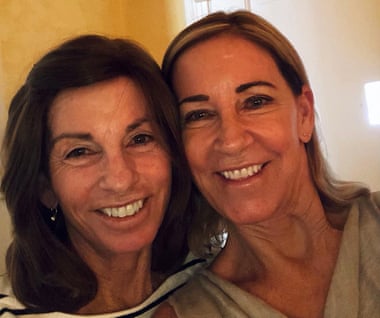
Normally, during a long interview, you save the difficult subjects for later; but it’s different with Evert. We begin this way and it shows Evert’s willingness to discuss cancer as well as her desire to develop awareness. “Two years after Jeanne died I got a call from the geneticist who stored her blood. A new variant had emerged and Jeanne had a gene of uncertain significance. They tested it and she was positive for BRCA [genetic proof of being susceptible to breast or ovarian cancer] so right away they said: ‘You have to be tested.’ I tested positive for BRCA. My doctor said you need to have a hysterectomy right away. It was just a precaution because I felt so healthy. They found cancer in my fallopian tube and one ovary, and in the fluid around my reproductive organs.
“If it had not been for Jeanne’s death I would not be alive. So I want to get the word out about genetic testing – not just for ovarian cancer but heart conditions, diabetes, everything. Be aware of your genetic history and if you feel anything different in your body for three days, see your doctor. Don’t wait three months.”
Evert supported the Women’s Tennis Association’s ACEing Cancer charity even before her diagnosis and she is proud that a new research fund, supported by the WTA, has been named after her sister. Her bruising encounters with cancer also mean she reflects candidly on life. Evert still winces when I mention that, as the US Open begins on Monday, it is 51 years since she made her unforgettable breakthrough in New York. “Oh my goodness,” she exclaims.
Evert lit up the 1971 tournament, surviving multiple match points while beating famous players, before she lost to Billie Jean King in the semi-finals. There was locker-room resentment towards Evert, who was suddenly on the cover of Newsweek magazine, and she explains how King defended her. “She told them: ‘Chris is going to bring more money to tennis and she’ll put money in your pocket.’ Also, how can you be mean to an innocent girl of 16? Billie Jean set them straight. It was lonely but my mom travelled with me and after matches I went back to my room and did my homework.”
Last year Evert watched Emma Raducanu achieve something even more remarkable when she won the US Open as a qualifier. It was a breathtaking, dreamy debut for the 18-year-old and, also, for Leylah Fernandez, who turned 19 just days before their compelling final.
“Thank you,” exclaims Evert at my mention of Fernandez. “She beat three of the top-five girls. She had a much tougher draw. I love that girl.”
Raducanu still beat her but, since then, the British teenager has suffered injury, fluctuating form, scrutiny and criticism. Her experience has been a reminder that unexpected success comes at a cost. “Always. Emma’s win was definitely going to bring lots of challenges she’s never experienced before,” Evert remarks. “She still needs to improve but she remains a major champion. She won the US Open. She’ll have that the rest of her life.
“The tough thing is to carry that momentum and back it up. She hasn’t. But she seems very sensible in her comments: ‘I’m still developing my game, I’m going to be patient.’ She’s saying all the right things. If she believes them she’s going to be fine.”
Is it likely that the US Open will remain an outlier in Raducanu’s career? “I wouldn’t call her a one-slam wonder. I like her technique – it’s very sound,” Evert says. “I like her serve and ground strokes. She moves well. She’s got talent but how much does she want it? Is she chomping at the bit to win another one? Hunger is the main thing.”
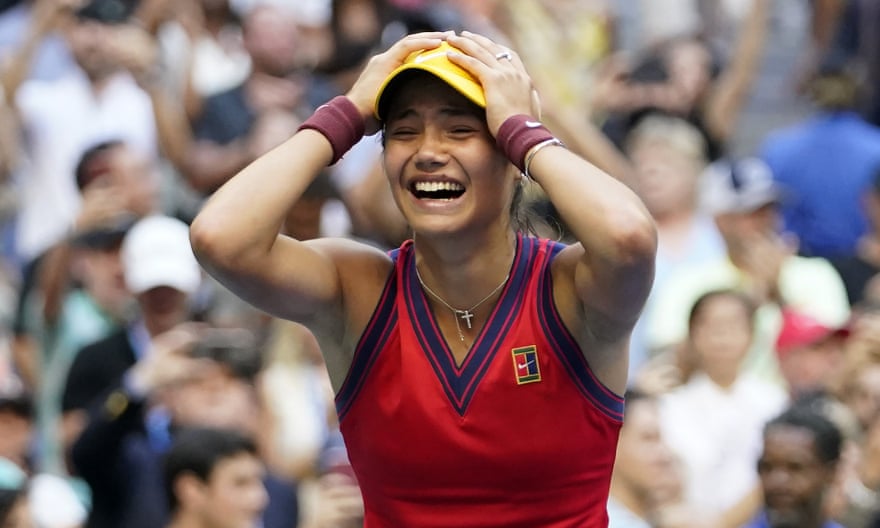
A voracious hunger to succeed is one of many attributes which helped Serena Williams, who recently lost 6-4, 6-0 to Raducanu in Cincinnati, win 23 grand slams. This month Williams announced her imminent retirement with the likelihood being the US Open will be her last tournament. “She’s 40-years-old,” Evert says. “She’s lost to players she would normally beat and she hasn’t trained because of injuries. She also has so many wonderful things in her life and so, instead of getting frustrated and sinking down the rankings, this is a perfect time for her to go out.”
Does Williams have a realistic, if unlikely, chance of winning one last US Open? “It’s a long shot,” Evert adds, “but if I were to pick 10 women who had a chance, she would be there.”
Is Williams, indisputably, the greatest player of all time? “It’s such a tough question. In her era she is the greatest of all time. Then there’s the most accomplished career – how many tournaments you won and how consistent you were and I always include Steffi Graf and Martina Navratilova alongside Serena because in my era they were the greatest of all time.”
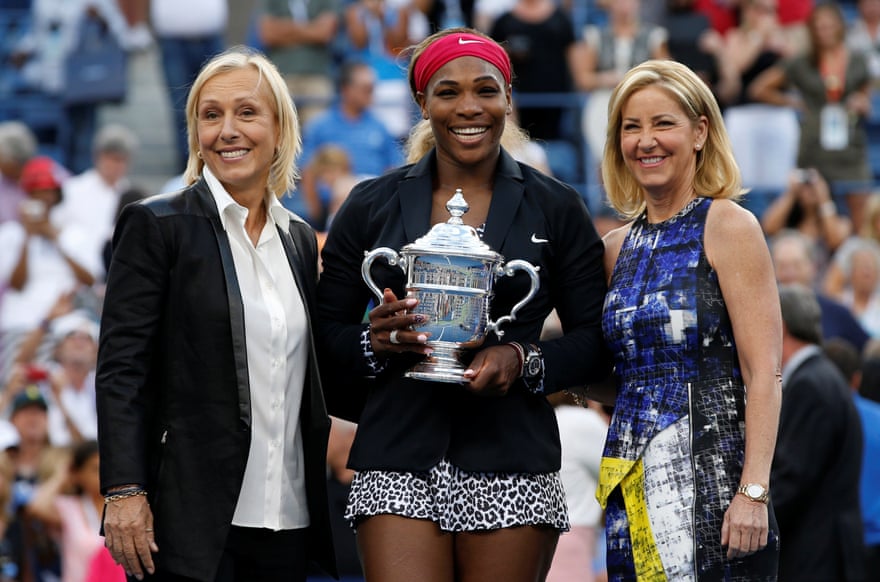
Margaret Court won 24 grand slams, one more than Williams, but the Australian dominated in the pre-Open era. “She won 11 Australian Opens but hardly any top players went to Australia then. I played 18 years and only six Australian Opens,” Evert says. “I played World TeamTennis [when the leading women forged a path of independence to gain equality with men] and missed three French Opens [which she won seven times]. We were creating a tour and changing history, fighting for equal prize money and future generations.
“Now, there’s a different philosophy. It’s all about the grand slams. Is Serena the best tennis player until this point? Absolutely. But it’s complicated when you compare careers and wins and eras. I’m not sure she has the most accomplished career.”
The depth in the women’s game is staggering but rivalries, of the epic kind Evert shared with Navratilova over 80 matches, struggle to develop. “A big rivalry is great for tennis – as is a player that dominates. When Serena dominated we had the highest ratings. But the game is also great when you have newcomers like Coco Gauff, who is going to win a slam in the next year or two. The beauty of women’s tennis now is the depth. There are no rivalries yet but there are lots of personalities and great stories.”
Who might establish that riveting rivalry? “Iga Swiatek [the world No 1] and Coco would be my top two,” says Evert. “That could be a great rivalry. Right now, Iga has to be the favourite for the US Open.”
Such speculation feels frivolous after the last nine months of Evert’s life. Did cancer change her? “I like to think so. I’m not as fearful or anxious as before. I feel grateful and more relaxed and don’t take things as seriously. I used to get uptight when studying to call a match. I’m not as intense.”
Evert reflects on fame and her three marriages – to the former tennis player John Lloyd, the alpine skier Andy Mill and the golfer Greg Norman. “We could do a five-hour interview about fame and the lack of privacy and how you pay a price when you’re successful at a young age and you haven’t developed a personality and your morals and beliefs. It can stunt your growth
“When I came home after winning Wimbledon [aged 19 in 1974] I still had to empty the dishwasher and fold the laundry. My feet were on the ground. The only area in my life that [fame] affected was relationships. When people tell you for years how great you are, they don’t set boundaries and you’re able to get away with lots of stuff. Later in life that affects your relationships, not only with husbands but your siblings and best friend.
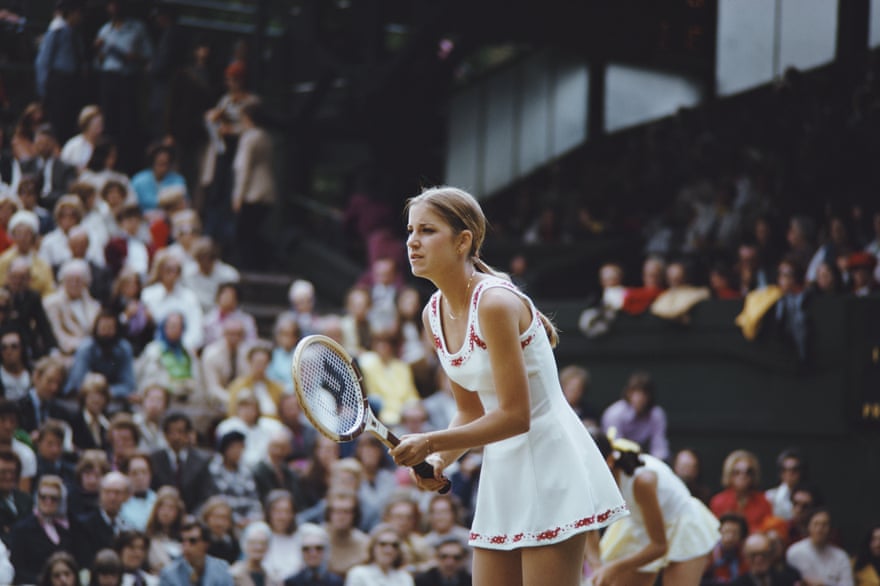
“John and I were both lonely, on tour, but I was so intense about being No 1 I couldn’t give enough to the marriage. But we still love each other and are good friends. My most successful marriage was with Andy. We were married 20 years but I made a bad choice [leaving Mill for Norman]. It was a mistake.”
Evert is sceptical of Norman’s involvement in Saudi sportswashing and the LIV Golf Series. “He knows how I feel. I don’t support it,” she says.
There is no bitterness nor resentment in Evert. She just seems grateful for life. “Your health is the most important thing. I hate to say it but, to me, it even comes before love. To love, you’ve got to be alive. I’m still vigilant with my health but I want to be as authentic as I can and be more open and listen more. That’s all a result of the cancer. I’m very lucky to be here.”



